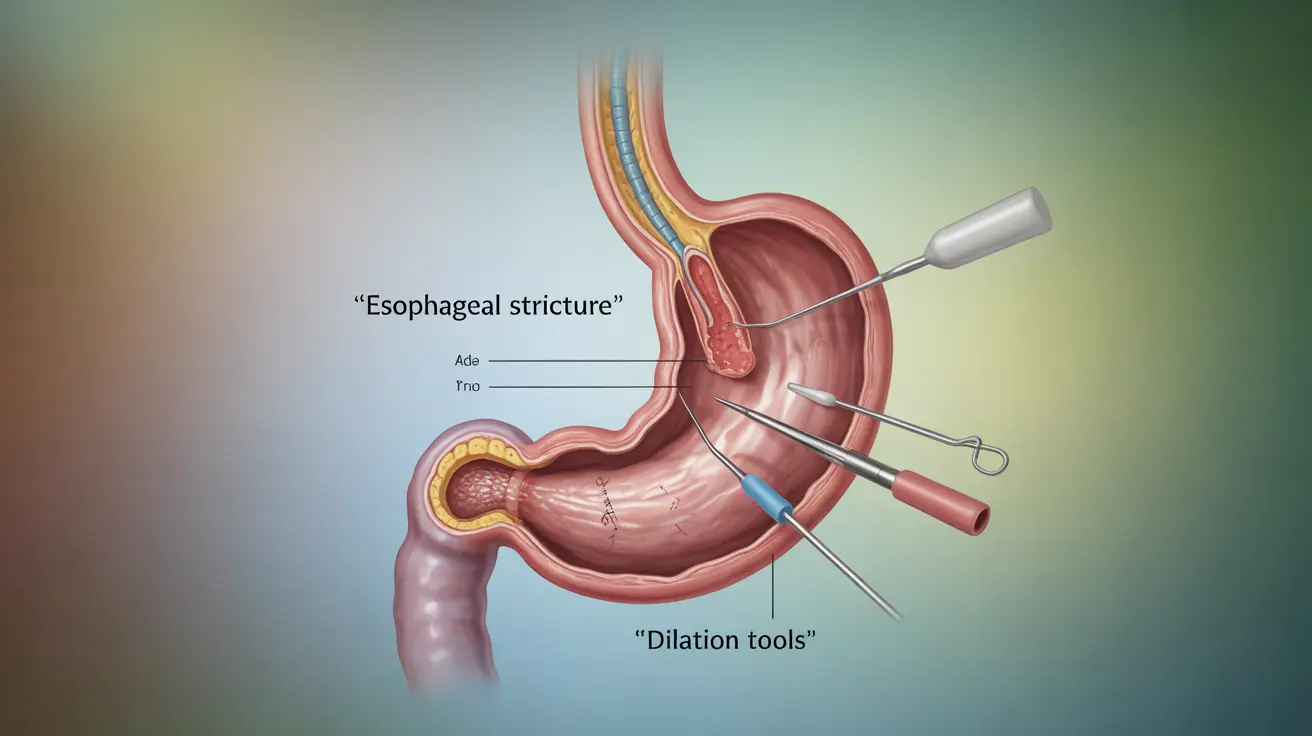When facing cataract surgery, understanding which types of intraocular lenses Medicare covers is crucial for making informed decisions about your eye care. Medicare's coverage for cataract surgery includes specific types of lenses, and knowing these details can help you plan for potential out-of-pocket expenses and make the best choice for your vision needs.
This comprehensive guide will explain Medicare's lens coverage for cataract surgery, including the differences between standard and premium lenses, potential costs, and what to expect regarding post-surgery vision correction needs.
Medicare Coverage for Cataract Surgery Lenses
Medicare Part B covers conventional monofocal intraocular lenses (IOLs) as part of cataract surgery. These standard lenses are designed to provide clear vision at one focal point, typically either distance or near vision. The surgery and these basic lenses are considered medically necessary, which is why Medicare provides coverage.
Under Medicare Part B, beneficiaries are typically responsible for 20% of the Medicare-approved amount for the surgery and standard lens after meeting their annual deductible. The facility where the surgery is performed must also accept Medicare assignment for the best coverage.
Understanding Standard vs. Premium Lenses
Standard monofocal lenses covered by Medicare provide clear vision at one distance, while premium lenses offer additional features but come with extra costs:
Standard Monofocal Lenses (Medicare-Covered)
- Basic vision correction at one focal point
- Typically requires glasses for other distances
- Covered by Medicare Part B
- Proven track record of safety and effectiveness
Premium Lenses (Not Medicare-Covered)
- Multifocal capabilities for various distances
- Toric designs for astigmatism correction
- Advanced materials and technologies
- Additional out-of-pocket costs
Post-Surgery Vision Correction Needs
After cataract surgery with standard Medicare-covered lenses, most patients will need some form of vision correction. Medicare provides limited coverage for one pair of eyeglasses or contact lenses after the surgery. This is a one-time benefit following each cataract surgery per eye.
The coverage for post-surgery eyewear is basic, and patients may need to pay additional costs for features like:
- Anti-reflective coating
- Progressive lenses
- High-index materials
- Designer frames
Out-of-Pocket Costs and Considerations
Understanding potential costs is essential for planning your cataract surgery. With Medicare coverage, you can expect to pay:
- 20% of the Medicare-approved amount for the surgery and standard lens
- The annual Part B deductible
- Additional costs for premium lenses if chosen
- Extra expenses for enhanced eyewear features
Frequently Asked Questions
What type of lens does Medicare cover for cataract surgery and why? Medicare covers conventional monofocal intraocular lenses because they are considered medically necessary for basic vision correction after cataract removal. These standard lenses have proven effectiveness and safety records.
Will I still need to wear glasses after cataract surgery with a Medicare-covered lens? Most patients will need glasses after surgery with standard monofocal lenses, typically for reading or distance vision, depending on the focal point chosen for the implanted lens.
Does Medicare pay for premium or multifocal lenses during cataract surgery? No, Medicare does not cover premium lenses such as multifocal or toric lenses. Patients who choose these advanced options must pay the additional cost difference out-of-pocket.
How much will I have to pay out-of-pocket for eyeglasses or contact lenses after cataract surgery if I have Medicare? Medicare covers basic eyeglasses or contact lenses after cataract surgery, but you'll be responsible for 20% of the Medicare-approved amount plus any costs for additional features or upgrades you choose.
What are the differences between standard and advanced lenses for cataract surgery, and why are some not covered by Medicare? Standard lenses provide basic vision correction at one focal point and are considered medically necessary. Advanced lenses offer additional features like multifocal capability or astigmatism correction but are considered lifestyle enhancements rather than medical necessities, which is why Medicare doesn't cover them.




